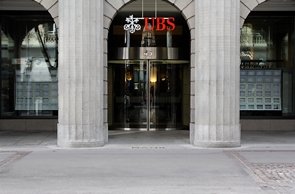UBS has been fined £29.7m by the Financial Services Authority for not preventing large-scale unauthorised trading by rogue trader Kweku Adoboli.
Mr Adoboli's unauthorised trades between 1 June and 14 September 2011 totaled $2.3bn and last week he was convicted of two counts of fraud by abuse of position and sentenced to seven years imprisonment.
The losses were primarily incurred on exchange traded index future positions where underlying positions were disguised by the use of late bookings of real trades and booking fictitious trades to internal accounts.
The systems and control failings highlighted serious weaknesses in UBS's procedures, management systems and controls.
{desktop}{/desktop}{mobile}{/mobile}
Specific failures included computer systems not effective in controlling the risk of unauthorised trades, inadequate front office supervision, breaches of risk limits on the ETF desk and failures to investigate underlying reasons for substantial profit increases on the desk.
Tracey McDermott, director of enforcement and financial crime, said: "UBS's systems and controls were seriously defective. UBS failed to question the increasing revenue of the desk and failed to ensure there was a corresponding increase in the controls in place over the desk. As a result, Adoboli, a relatively junior trader, was allowed to take vast and risky market position, and UBS failed to manage the risks around that properly.
"Failures of this type in firms of the size and standing of UBS not only damage the firms concerned but also wider confidence in the integrity of the markets and the financial system. It is imperative that the markets we regulate are seen by investors to be orderly and a safe place to do business."
UBS agreed to settle at an early date and therefore qualified for a 30 per cent discount. Without the discount, the fine would have been £42.4m.
• Want to receive a free weekly summary of the best news stories from our website? Just go to home page and submit your name and email address. If you are already logged in you will need to log out to see the e-newsletter sign up. You can then log in again.

